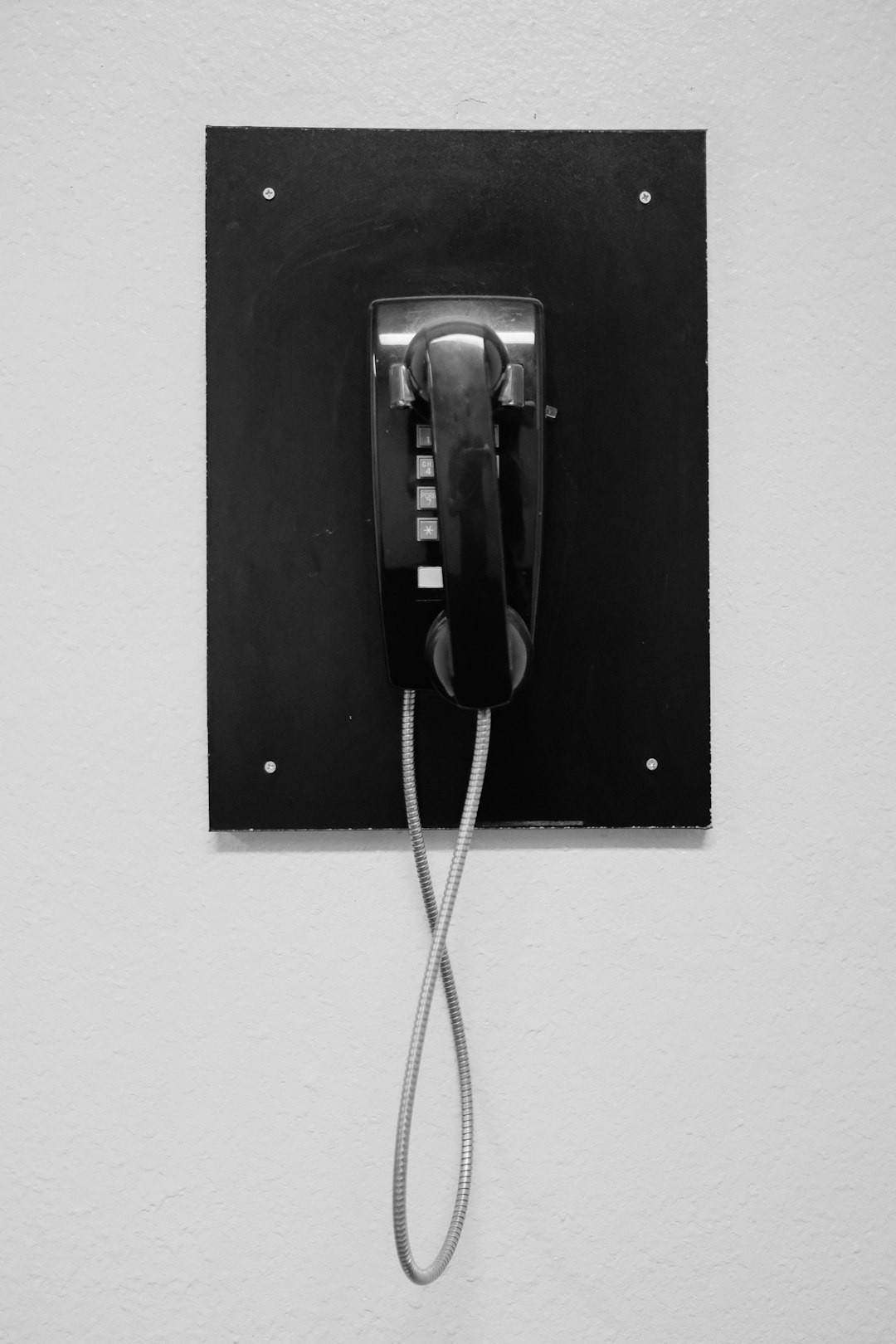Minnesota's robust debt collector laws, including the MFDCPA and federal FDCPA, protect debtors from abusive practices by regulating collection agency behavior, such as contact frequency and disclosure of information. Debtors have rights to dispute debts, request verification, and cease communication until disputes are resolved. Understanding these laws empowers individuals to effectively navigate interactions with debt collectors in Minnesota.
In Minnesota, understanding debt collection laws is crucial for protecting your rights. This guide navigates the intricate landscape of debt collector regulations, ensuring you’re informed and empowered. Learn about your entitlements as a debtor in the state, including fair collection practices and disclosure requirements. Moreover, discover strategies to interact with debt collectors legally, empowering you to manage your financial situation effectively while upholding your legal protections under Minnesota’s debt collection laws.
Understanding Minnesota Debt Collection Laws

In Minnesota, debt collection laws are designed to protect both creditors and debtors from abusive or unfair practices. These laws govern how debt collectors can interact with individuals who owe money, ensuring that the process is fair and transparent. Understanding your rights under these laws is crucial when dealing with debt collectors in Minnesota.
Debt collector laws in Minnesota strictly regulate the behavior of collection agencies and individual debt collectors. They outline rules regarding the timing and frequency of contact, the disclosure of information, and the use of harassment or deception tactics. These laws also provide debtors with the right to dispute the validity of a debt and request verification from the creditor. Knowing and asserting these rights can help protect you from aggressive collection practices and ensure your interactions with debt collectors remain within legal boundaries.
Your Rights as a Debtor in Minnesota

In Minnesota, both state and federal laws protect debtors’ rights when dealing with debt collectors. Under the Minnesota Fair Debt Collection Practices Act (MFDCPA), debt collectors must abide by specific rules when attempting to collect a debt from an individual or family. This includes prohibiting abusive, unfair, or deceptive practices, such as threatening language, false statements, or harassment. Debtors have the right to request validation of the debt, meaning they can ask the collector for proof and details about the amount owed, which must be provided within a reasonable timeframe.
Additionally, Minnesota law limits the time period during which debt collectors can make contact with debtors. They are restricted from contacting individuals before 8 a.m. or after 9 p.m., except in cases of emergency. Debtors also have the right to dispute the debt and request that the collector cease communication until the dispute is resolved. Knowing these rights can empower individuals to navigate debt collection processes more effectively and ensure their protection under Minnesota’s debt collector laws.
Navigating Debt Collector Interactions Legally

Navigating interactions with debt collectors in Minnesota involves understanding your legal rights under state laws governing debt collection practices. These laws are designed to protect consumers from aggressive or unfair tactics and ensure fair treatment during debt recovery processes. Familiarize yourself with the Fair Debt Collection Practices Act (FDCPA), a federal law that also applies in Minnesota, setting standards for collector behavior.
When dealing with debt collectors, maintain detailed records of all communications, including dates, names of individuals involved, and content discussed. This documentation can be crucial if you believe your rights have been violated. You have the right to request validation of the debt, meaning the collector must provide proof that you owe the money. Additionally, collectors cannot harass or intimidate you, use false or misleading statements, or contact you at inappropriate times, such as before 8 a.m. or after 9 p.m., on weekends or holidays, unless you have given explicit consent for such communication.






